Today in history, October 22: Cuban missile crisis begins
On this day in 1962, US President JFK addressed Russian missile bases in Cuba, imposing a naval blockade on Cuba and beginning the missile crisis.
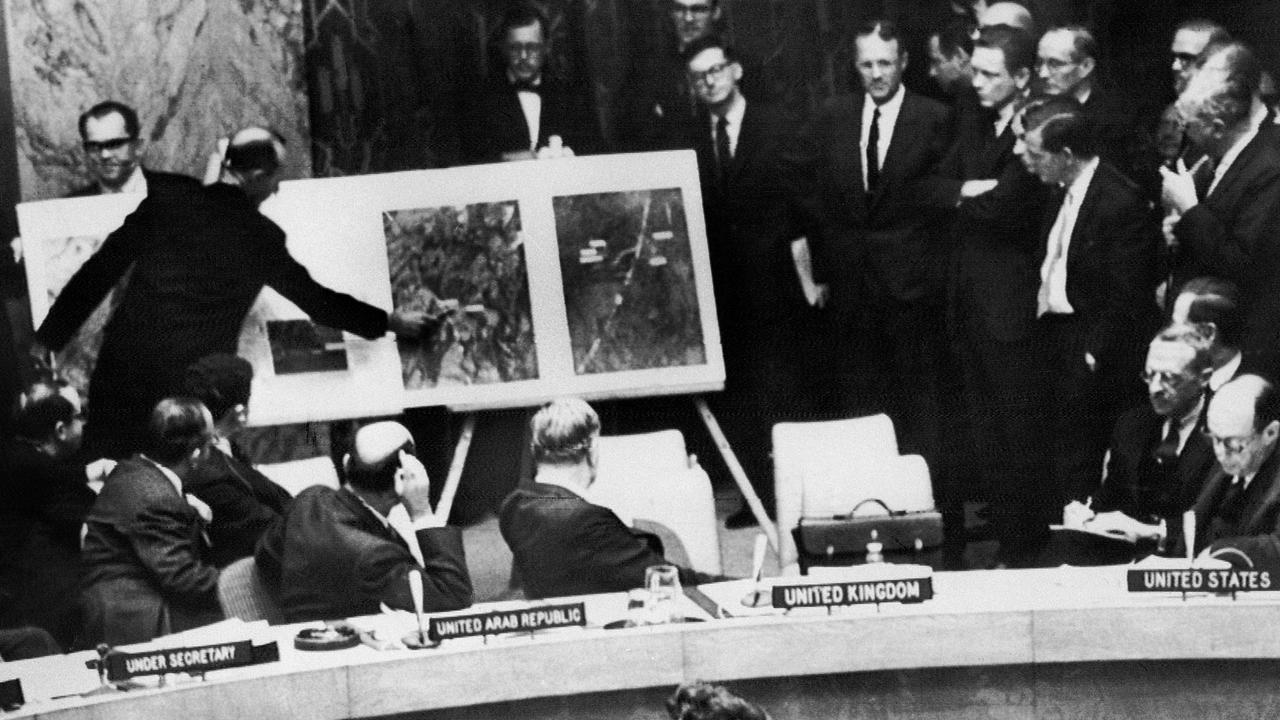
Highlights in history on this date:
1859: Spain declares war on Moors in Morocco.
1862: Garrison in Athens, Greece, revolts, forcing King Otto I to resign.
1873: Emperors of Germany, Russia and Austria-Hungary form alliance.
1883: New York’s Metropolitan Opera House opens with a production of Gounod’s opera Faust.
1906: Death of Paul Cezanne, French post-impressionism painter.
1928: Andrew Fisher, three times prime minister of Australia from 1908 to 1915, dies.
1947: India and Pakistan begin a war over Kashmir.
1954: West Germany joins the North Atlantic Treaty Organisation.
1956: Demonstrators in Hungary call for democratic government.
1962: US President John F. Kennedy addresses TV about Russian missile bases in Cuba and imposes a naval blockade on Cuba, beginning the missile crisis.
1964: French writer Jean-Paul Sartre rejects the Nobel Prize for Literature, saying it would reduce the impact of his writing.
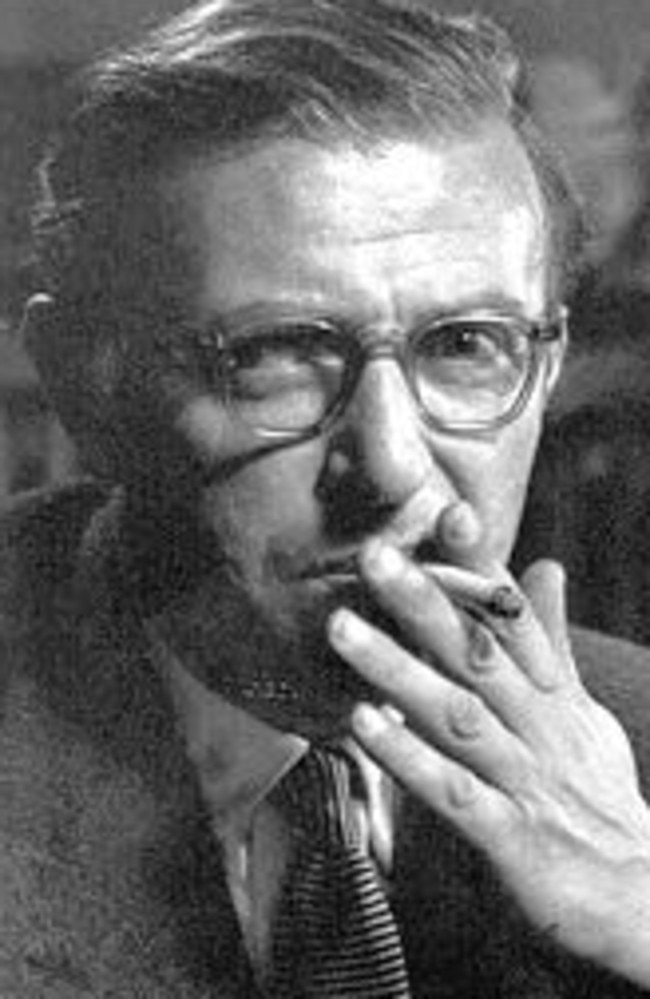
1974: US and Iceland sign new lease permitting continued operations of US military bases in Iceland.
1979: US Government allows the deposed Shah of Iran to travel to New York for medical treatment, a decision that precipitates the Iran hostage crisis.
1988: Iraq announces it will release 25 Iranian prisoners of war in accordance with UN ceasefire resolution.
1991: Yugoslav defence minister rejects EC peace proposals as leading to “catastrophe” for that country.
1992: A UN-sponsored commission says it has discovered signs of a mass grave near the Croatian city of Vukovar.
1993: Haiti’s last major gas retailer orders its pumps shut after a UN-imposed oil embargo.
1994: A Maltese oil tanker breaks apart and sinks in the typhoon-churned South Sea, leaving 17 people dead or missing.
1995: Fidel Castro, in New York for the UN anniversary, receives a warm welcome from residents in the Harlem neighbourhood.
1996: More than 25 prisoners burn to death in a Venezuelan jail after guards fire tear gas canisters that start a fire.
1997: Statistics show that British consumer spending had its largest decline in six years, apparently because of gloom surrounding Princess Diana’s death and funeral.
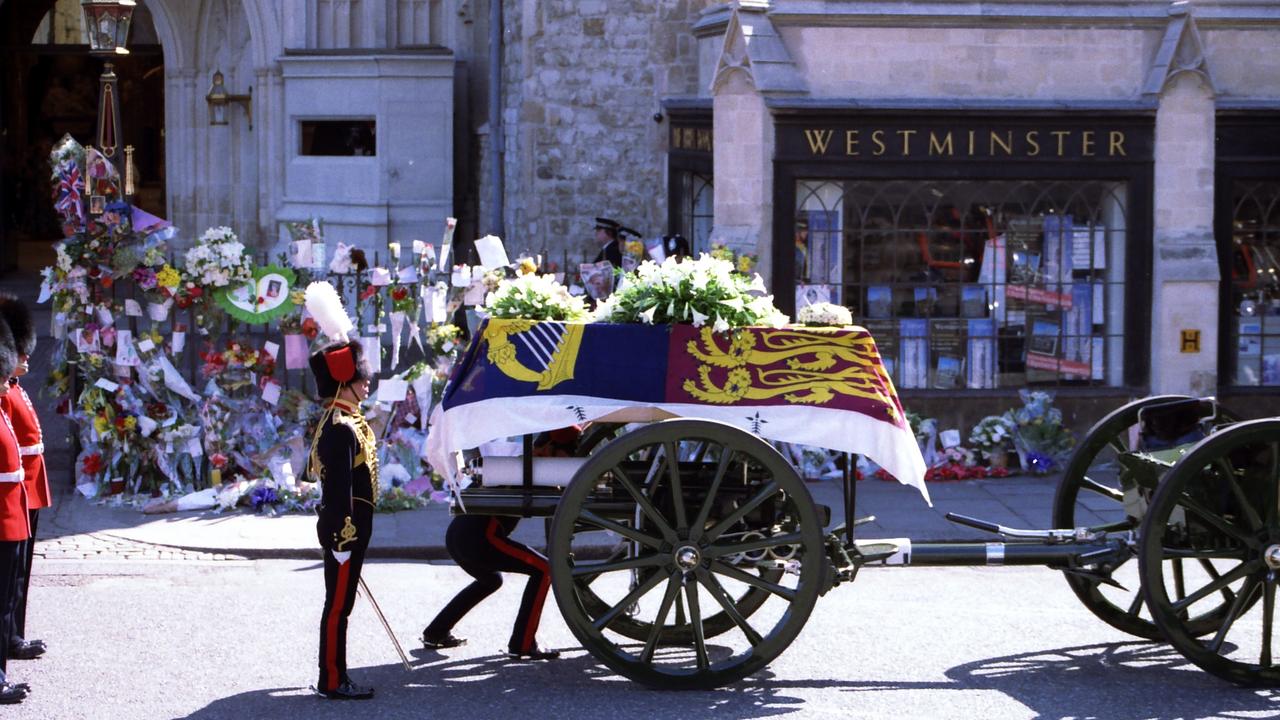
1999: Maurice Papon, the former Vichy official who fled France rather than face a 10-year-jail sentence for his role in sending Jews to Nazi death camps, is captured in Switzerland.
2000: Armed Islamic militants kill 24 people in Algeria. The deaths bring to 50 the number of people killed in the North African country during that week.
2001: A British Airways Concorde completes a round trip from London to New York, the supersonic jet’s first trans-Atlantic flight since service was suspended the previous year after a crash near Paris killed 113 people; Hamas “commander” Ayman Halaweh, accused by Israel of being behind deadly suicide bombings, dies in the West Bank city of Nablus when his car explodes.
2 003: USA Today publishes a leaked memorandum dated October 16 from US Secretary of Defence Donald Rumsfeld to four high-level Defence Department associates in which he questioned the progress in the war on terrorism.
2005: A Boeing aircraft operated by Nigerian private carrier Bellview crashes in stormy weather shortly after takeoff from Lagos, killing all 117 people on-board.
2006: Former Democrats leader Natasha Stott Despoja announces she’ll quit federal politics when her term ends in 2008.
2007: Osama bin Laden calls for Iraqi insurgents to unite and avoid divisive “extremism” in an audiotape apparently intended to win over Sunnis opposed to the terror group’s branch in Iraq.
2009: More than 300 people involved in a Mexican drug cartel are arrested in raids across the US.
2010: At least 150 people die when a cholera epidemic spreads in central Haiti.
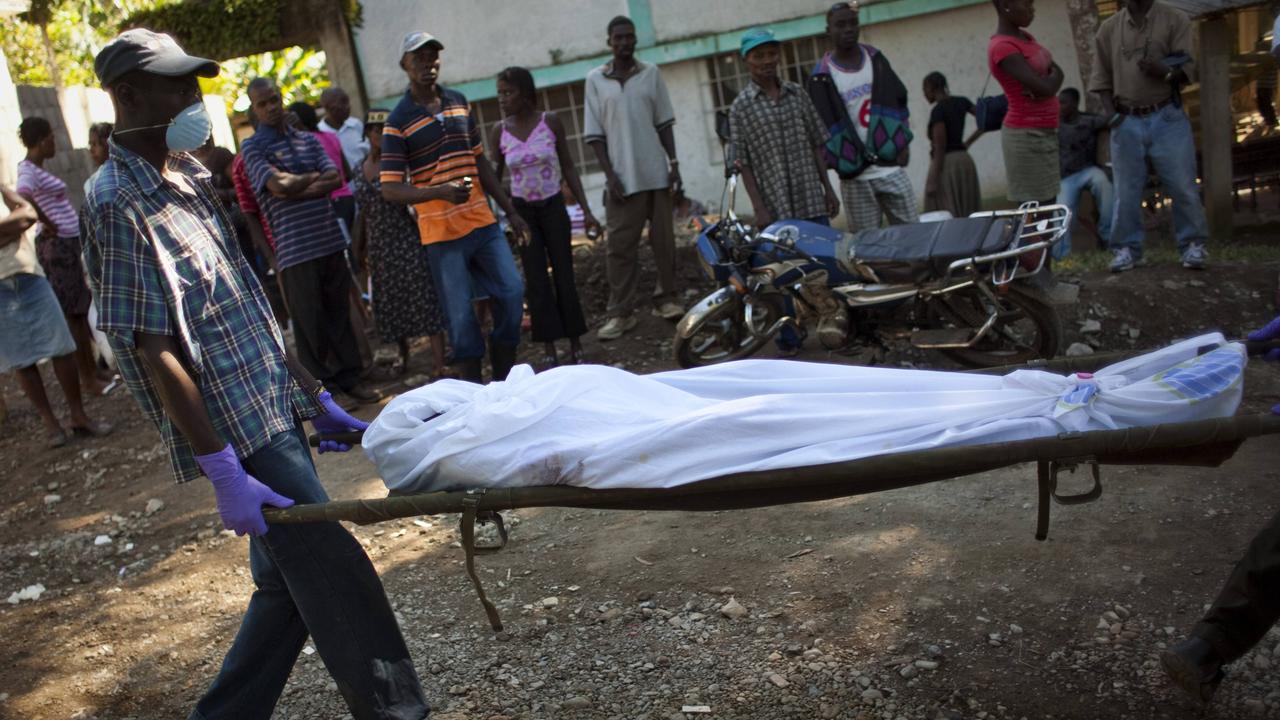
2013: ACT passes same-sex marriage laws. The Commonwealth immediately lodges a High Court objection and the laws are thrown out on December 12, rendering several marriages invalid.
2014: Researchers say breathing polluted air in the first two years of life is linked to autism.
2015: Snakes invade Alice Springs in “huge numbers” during a burst of warm night-time weather — one serpent ends up in a household fridge.
2016: A father is charged with the murder of his two children — aged three and five — who were found dead in their coastal home in Perth’s north.
2017: British actor Rosemary Leach, of A Room with a View, dies following a short illness aged 81.
2018: The Federal Parliament offers a historic apology to survivors of institutional child sexual abuse.
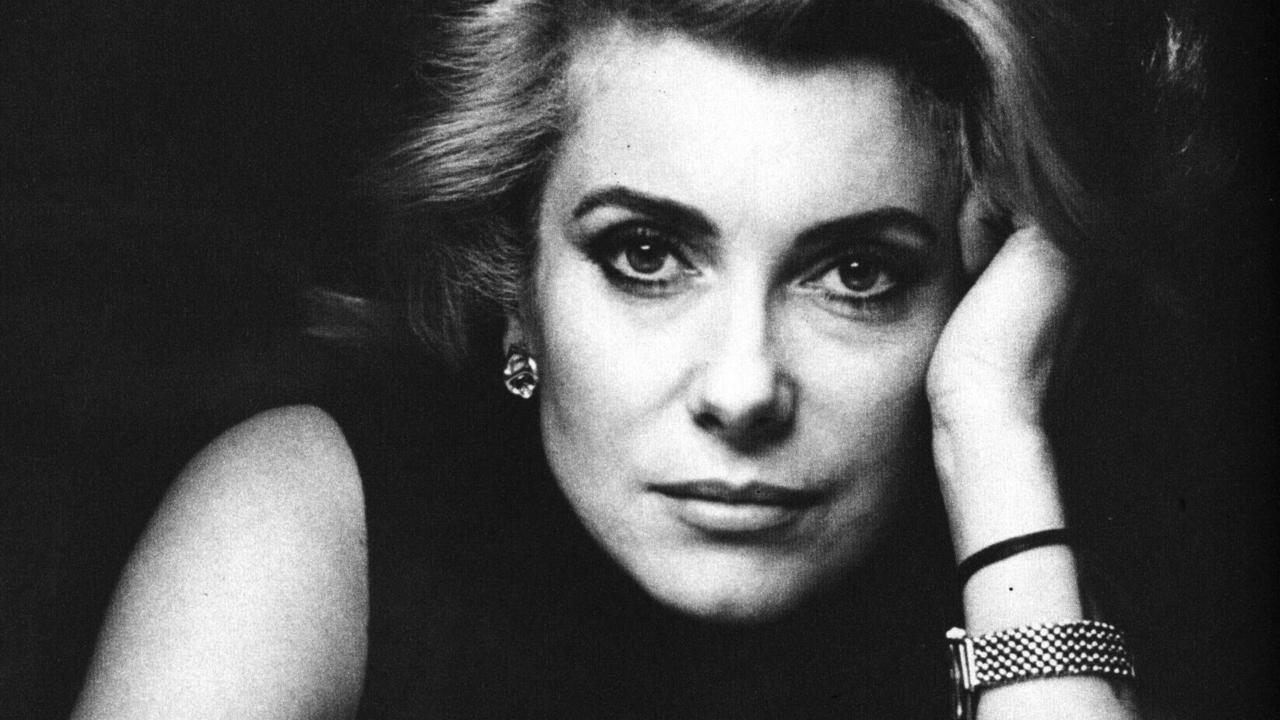
TODAY’S BIRTHDAYS:
Catherine Deneuve, French actor (1943); Clover Moore, Sydney Lord Mayor (1945); Arsene Wenger, French football manager (1949); John Howard, Australian actor (1952); Shaggy, Jamaican reggae rapper (1968); Spike Jonze, American filmmaker/producer (1969); Michael Fishman, US actor (1981); Mark Renshaw, Australian cyclist (1982); Zac Hanson, pop musician (1985).
THOUGHT FOR TODAY:
“Moral indignation is in most cases 4 per cent moral, 46 per cent indignation, and 50 per cent envy.” — Vittorio De Sica, Italian movie director (1901-1974).



